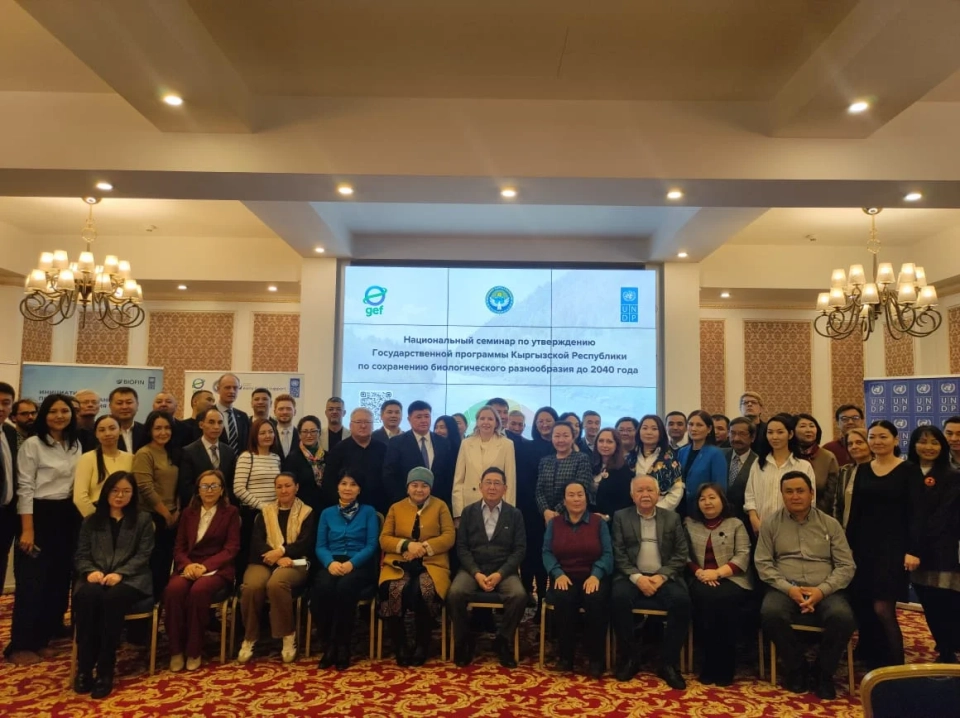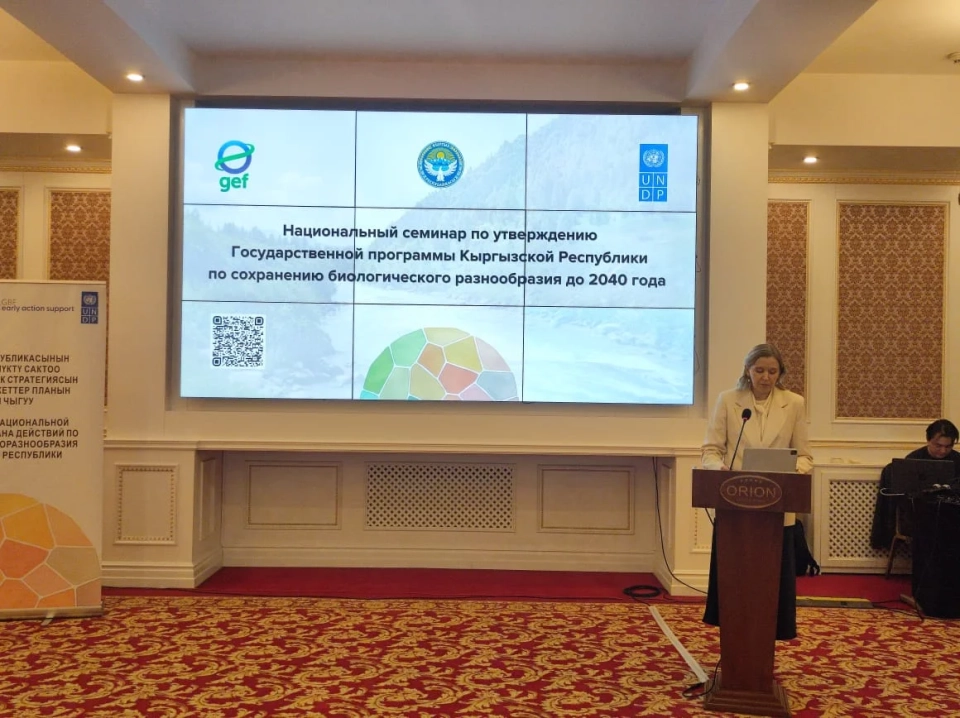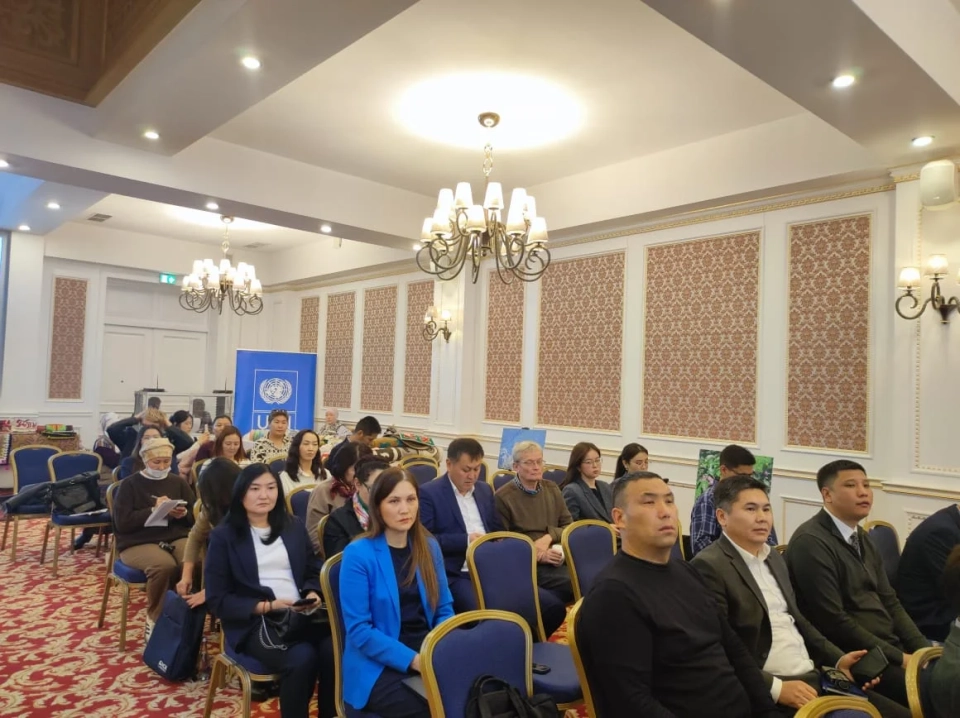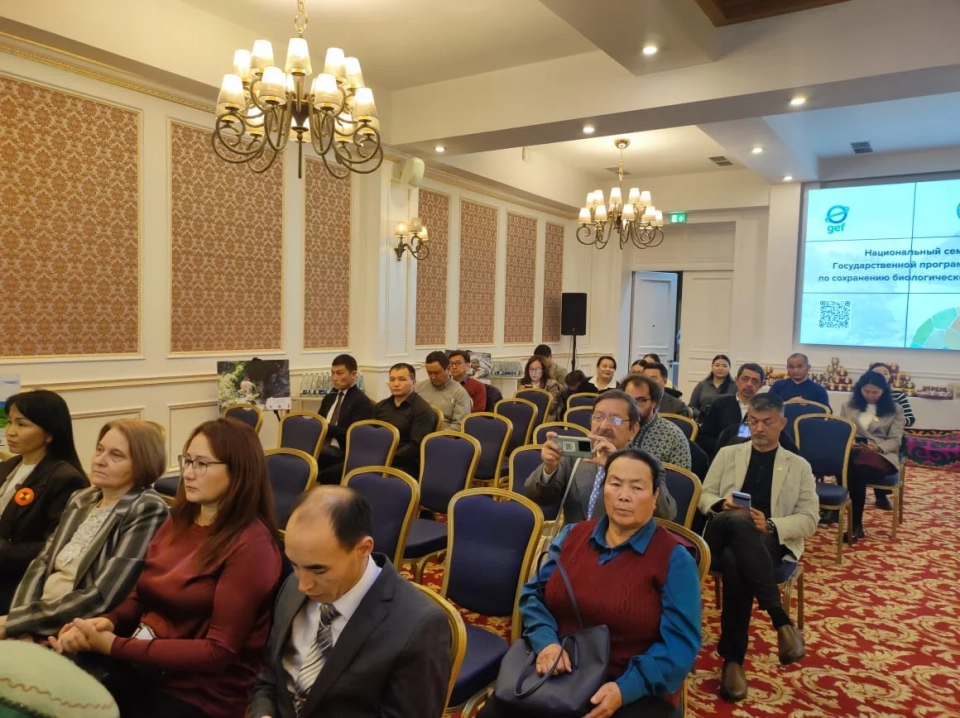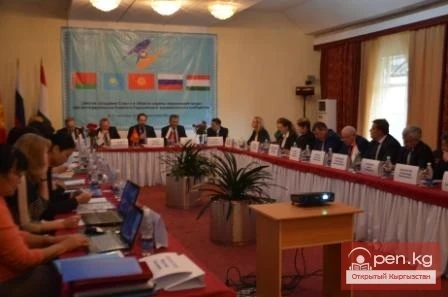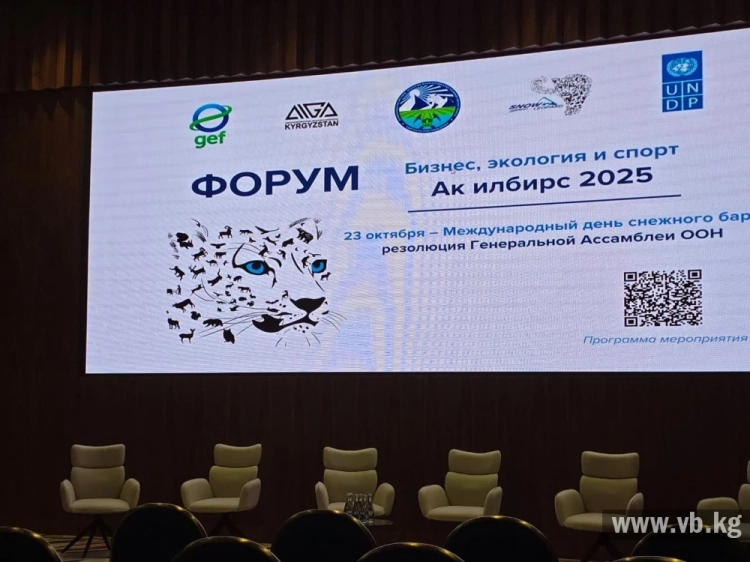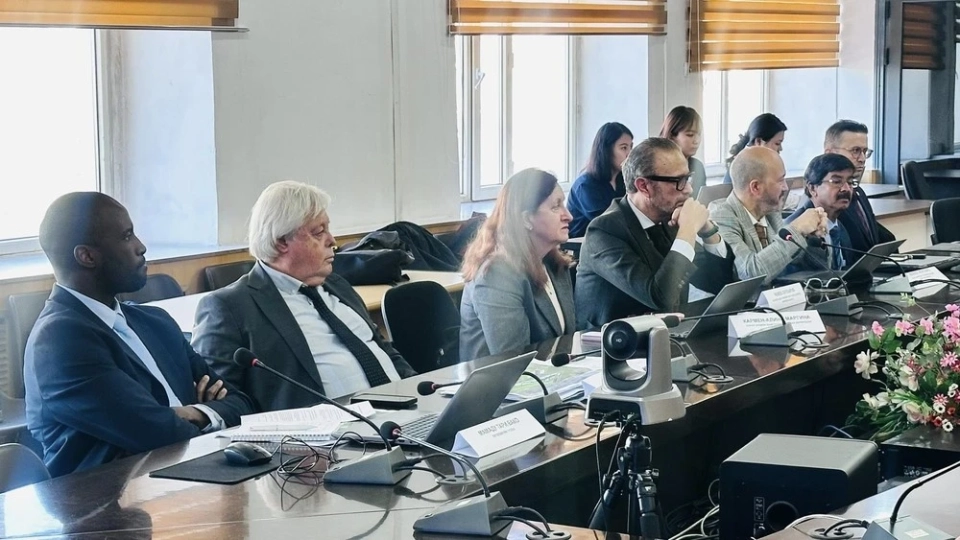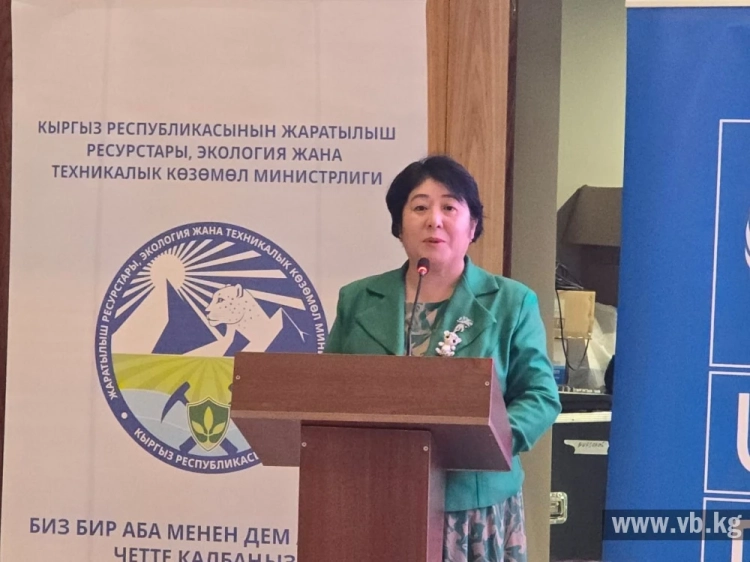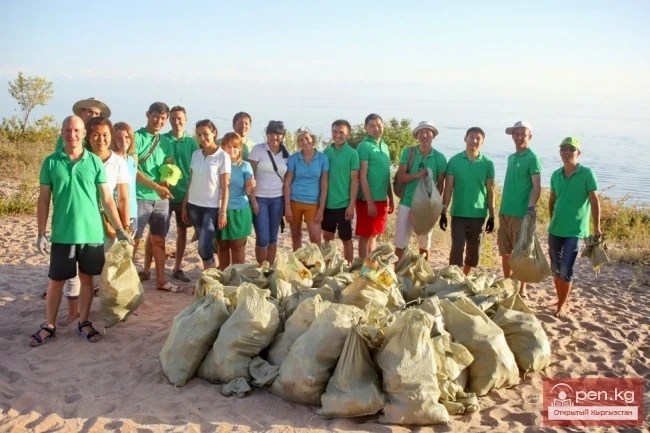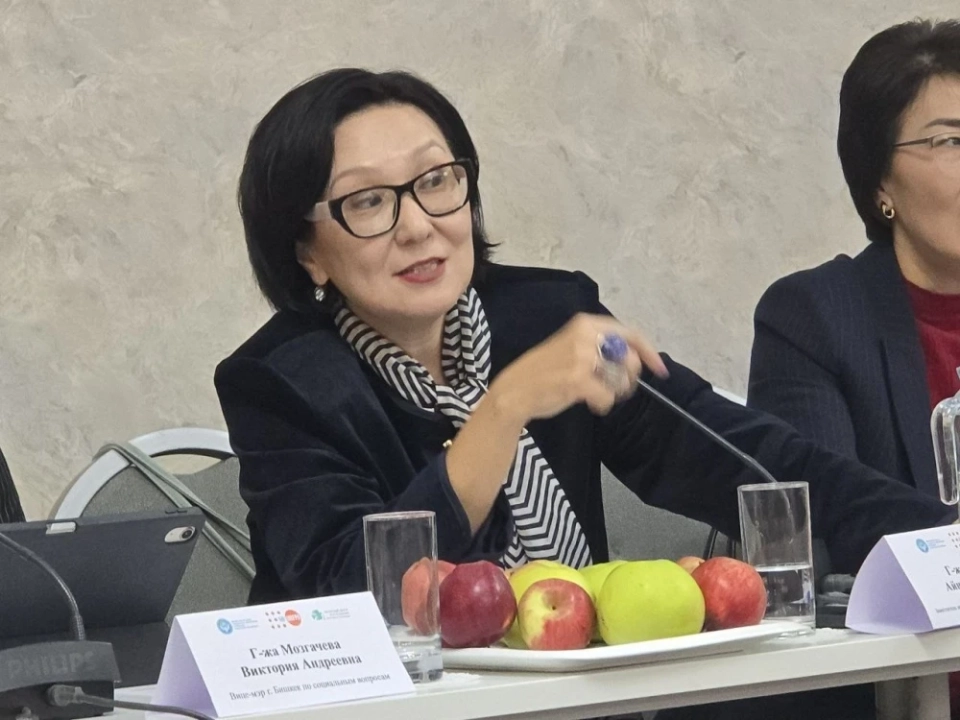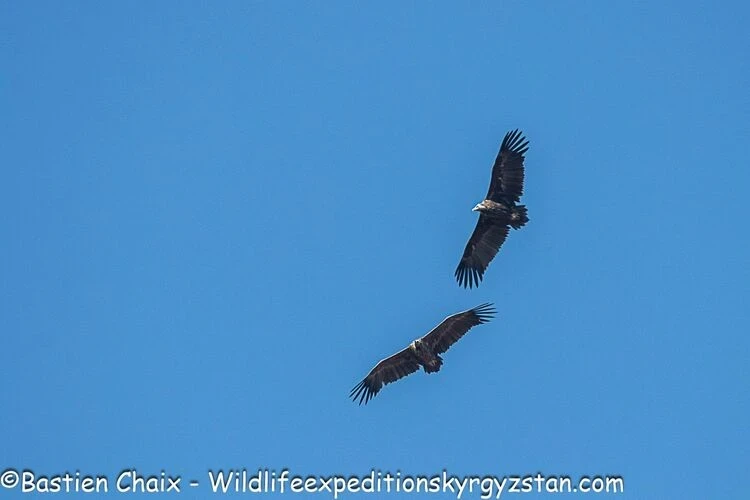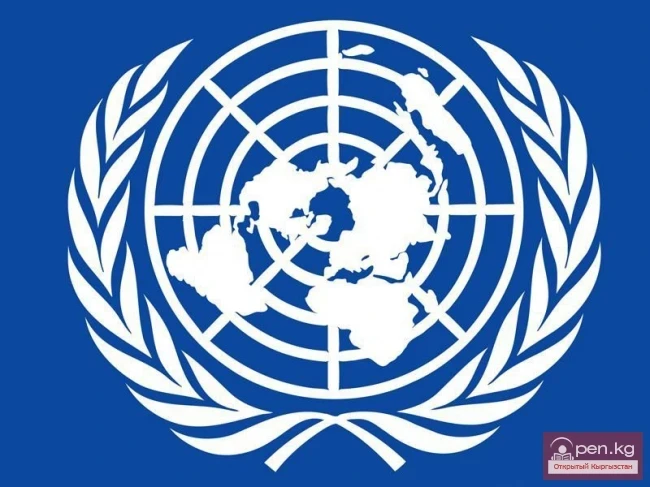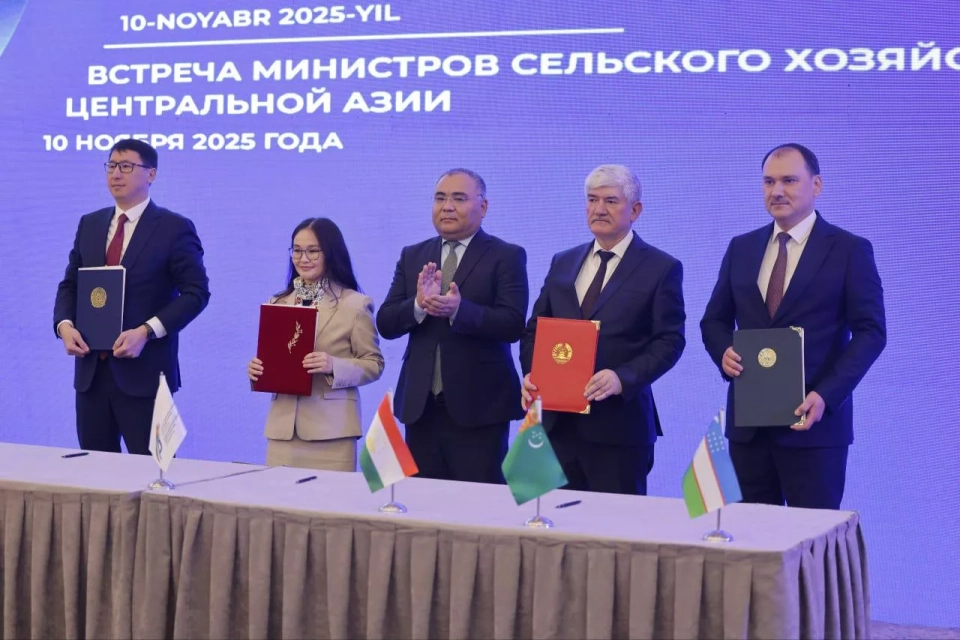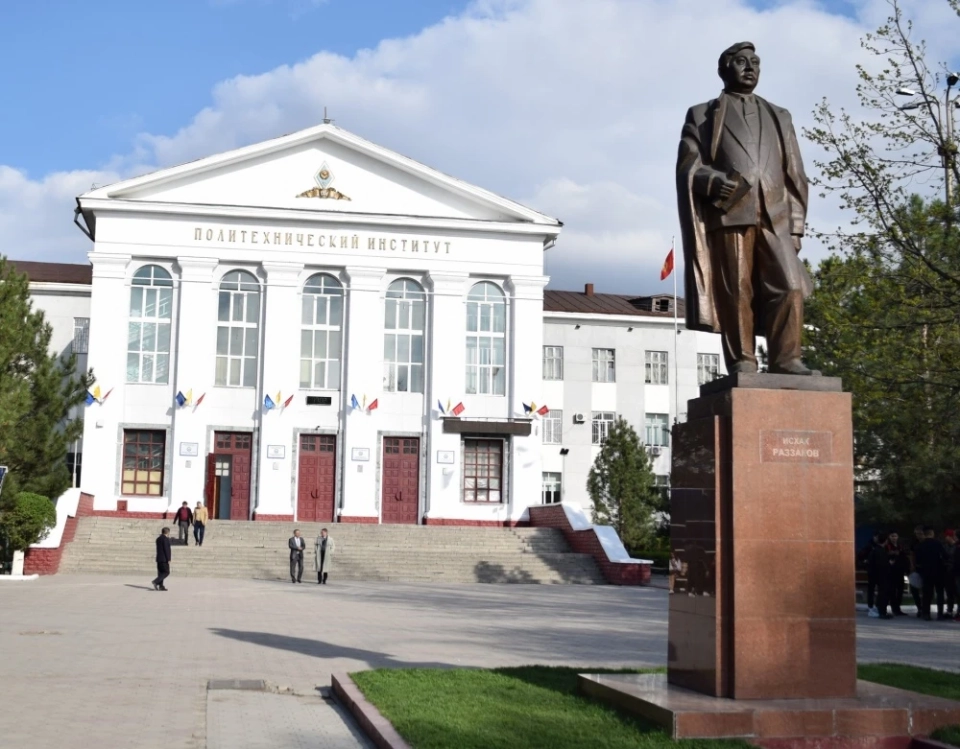A national seminar was held in the capital of Kyrgyzstan, where the state program for biodiversity conservation until 2040 and the corresponding Action Plan until 2030 (NBSAP) were presented.
This program serves as the main strategic document in the country concerning the protection and sustainable use of biodiversity. It was developed in accordance with the Kunming-Montreal Global Framework for Biodiversity and reflects key priorities for national development until 2040.
During the preparation of the program, extensive discussions were organized with the participation of more than 1,200 people representing government institutions, scientific circles, civil society, youth and women's organizations, the private sector, and local communities.
The Deputy Minister of Natural Resources, Ecology and Technical Supervision of the Kyrgyz Republic, Almaz Musaev, noted that significant work was carried out to coordinate between departments during the development of the NBSAP. To ensure a comprehensive approach and alignment of opinions from all parties, an interdepartmental working group was created by the ministry's order No. 220-p dated July 22, 2024, which included representatives from key ministries, agencies, scientific institutions, international organizations, and regional administrations.
“Such cooperation has shown that the successful implementation of the NBSAP is impossible without systematic partnership and the unification of efforts both within the country and on the international platform,” he added.The UNDP Resident Representative in the Kyrgyz Republic, Alexandra Solovyova, emphasized that 2025 will be an important milestone for Kyrgyzstan: with the support of UNDP, the preparation of several strategic documents has been completed, including the 3.0 Nationally Determined Contribution (NDC), the first two-year Transparency Report (BTR), and the new State Program for Biodiversity.
“These initiatives strengthen Kyrgyzstan's position on the international stage in the field of environmental protection,” she added.During the seminar, participants agreed on the key elements of the program, including priorities for ecosystem conservation, expanding the network of protected natural areas, effective pasture management, forest restoration, developing ecotourism, and creating a National Biodiversity Monitoring System. As a result of the meeting, the draft state program was recommended for approval.
